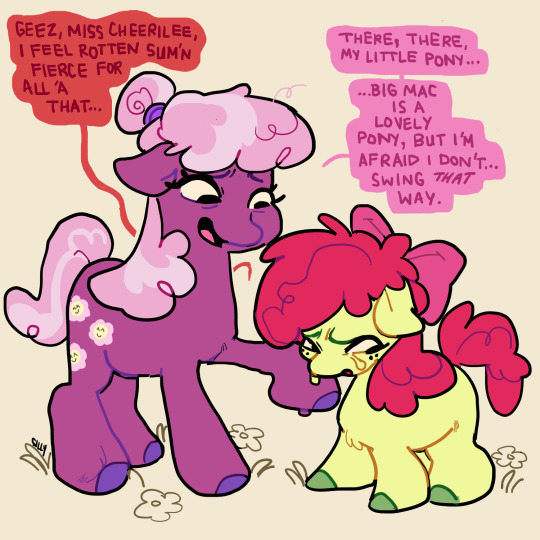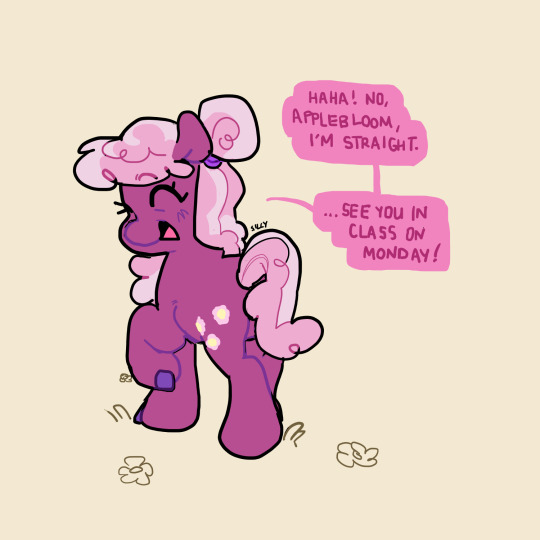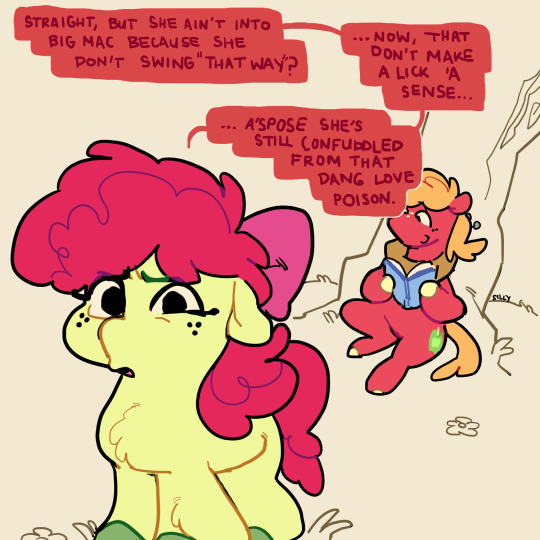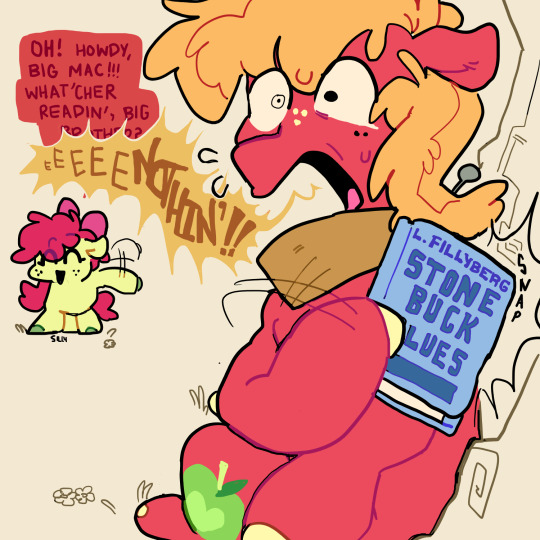#Investing Investment
Explore tagged Tumblr posts
Text

#investing at etc etc etc#but it's true kids#hope can be a process#thank u NE Ohio Regional Sewer District
35K notes
·
View notes
Text
love when ppl defend the aggressive monetization of the internet with "what, do you just expect it to be free and them not make a profit???" like. yeah that would be really nice actually i would love that:)! thanks for asking
#yes i want things to be free like ??? that is not a weird desire#'but but it costs money to keep up' ok and? how is that my problem#the government has plenty of murder dollars they could reallocate a few to make internet services universal if they wanted#also these companies were perfectly capable of supporting themselves before the internet got drowned with ads so ¯\_(ツ)_/¯#edit: muting notifs on this post bc new additions have kind of petered out#so no one feel bad about adding something someone else has said‚ it is not bothering me im just trying to keep my#notifs page cleanish lol#also since i saw some people are being redirected to read my tags: firstly hiiiiii this is a special secret message for you:3#secondly i have learned since making this that the reason they were able to support themselves previously was because#of investors bankrolling everything#and theyre now finally realizing that theyre never going to actually make a profit and arent as willing to invest#however thats just a minor correction and doesnt change my overall point#once again. so many murder dollars#so thats why im just adding it here in the tags rather than making an actual correction#anyways . love yall 💕#origibberish#bigger gibbers
59K notes
·
View notes
Text

In every timeline, in every possibility,
Only you
#my art#jayvik#jayce talis#viktor#viktor arcane#league of legends#arcane#I cannot believe i just witnessed jayvik become canon cosmic soulmates#my 3 year investment. CASH OUT#shoutout to the fujosisters whove been here for the last decade too#wtf#Wow…
9K notes
·
View notes
Text
palico lore will always be funny to me. They get paid to hunt just like a human hunter. But since they're small anthropomorphic cats you always treat them like pets or babies. like your palico is grown ass man....cat
#THIS IS NOT A CRITISM BTW I JUST FIND IT FUNNY#id like to think they get payed extra to be babied that way. like they can still hunt/assist you#there's just an addon where you get to rub their belly for extra cost#i need to invest more on monhun lore its always a fun read#txt
8K notes
·
View notes
Text





the one where cheerilee knows
#trans big mac real#cheerilee said the line#that's probably applejack's old copy#theyre transhet and transbian best friends and you cant tell me otherwise im afraid#does miss cheerilee is lebsnian? (no)#irrelevant but i hc cheerilee as transfemme aroace heteroplatonic FIGHT ME#leslie feinberg mentioned!!!#this was meant to be much lower quality but I accidentally got invested#comic#art#artists on tumblr#my art#fanart#mlp fim#my little pony#big mac#big macintosh#apple bloom#cheerilee#miss cheerilee#mlp art#mlp g4#mlp#transgender#queer art#queer artist#queer artwork#leslie feinberg#stone butch blues#short comic
9K notes
·
View notes
Text
the 'all marriage is gay as far as im concerned' except its me watching a man and woman character in a show i like and accidentally saying 'theyre so gay' because i literally forget thats not the word for romance because to me all romance is gay
#normally i find the way m/f pairings are written to be really frustrating#not because its like 'i hate straight people' or whatever i literally just want them to actually like each other and communicate#or have an interesting enough dynamic i can stay invested#also i am bisexual and m/f pairings can be nice. but liek they actually have to Be Nice and like eachother or be funny at the very least#txt#scratchpost
24K notes
·
View notes
Text
im watching minecraft parkour civilisation and i feel like such an ipad kid. why am i fully invested. why is this so well executed. why am i so entertained. what the fuck is this witchcraft
#i cant believe i heard “i attack you with a three block jump” and it didnt break my immersion#they're having a parkour battle again rn as i watch and like#im genuinely fucking invested???#i genuinely cant comprehend why im so invested#parkour civilization#minecraft parkour civilization
6K notes
·
View notes
Text
only thing i know for certain is that if "breaking bad" took place during modern times, jesse would've used his cash to buy a drone and there would've been a sick ass sequence filmed from drone perspective and one episode cold open would've been all scary and sinister and it would end with an ominous shot of the drone laying all crushed and fucked up on the floor to imply harm done to jesse. and it would be really sad
#syd squeaks#he'd still have a roomba i think bc thats just a good investment. its good technology. it vacuums for u#but i can so easily picture sad drone all fucked up#breaking bad#jesse pinkman
13K notes
·
View notes
Text





Curly meant it as a compliment….
#I missed making general Mouthwashing haha#been so invested in aus that this is a good breather 🥰#mouthwashing#anya mouthwasing#anya#curly mouthwashing#captain curly#curly#comic#insomniphic’s art
4K notes
·
View notes
Text
He’s going after her!!

3K notes
·
View notes
Text
i don't think you guys understand the levels of lesbianism in this scene
this 90 caliber electric net is caitlyn's E ability......aka, she's the ONLY champion in league of legends that can use this ability.........thus, the writing decision to have vi, a separate, melee league champion, be the only one in the show that EVER also triggers it (someone informed me that cait does use it during Hellfire), with her bare hands (and against another champion, at that), suggests levels of intimacy and trust that i can't even comprehend


additionally, this isn't the first time caitlyn's given up her gun (aka ALL of her special abilities) for vi, either

oh to have a girlfriend
#i love league of lesbians#this is the kind of intimacy they talk ab on ao3#or you know what.#this kind of intimacy surpasses everything that even sappho could have dreamt up#to be fair ambessa couldn't comprehend it either#“...and the third?” WHY WAS SHE SO INVESTED lmaooooooo#not even ambessa can truly escape vi's charm and charisma#and i know exACTly where maddie got the idea to shoot cait in the neck bc look where that knife was headed#oh noxus.....they're gonna have to do a LOT to make me love you in the future shows#vi using a ranged ability and cait manually choking singed. when will the lesbians stop winning#looks like the episode 6s got a lil fruitiness to them#caitvi#caitlyn kiramman#vi arcane#arcane#league of lesbians#piltover's finest
3K notes
·
View notes
Text
being aromantic and into whump is like. shoutout to whump for being a great opportunity to engage with stories about intimacy and vulnerability and powerful emotion and physical interactions with other people and intense relationships that are not presumptively based in romance. what would i do without you.
#gav gab#what WOULD i do tbh#i was cursed to be someone who is profoundly romance repulsed and also REALLY invested in narratives#about emotional and physical intimacy and character relationship and vulnerability and relying on one another#and thus: whump my beloved#one of the major draws for me hands down
12K notes
·
View notes
Text
Investing Investment Loan Rates as a Guide for Savvy Investors

Investing in real estate or other major assets often requires significant capital, more than what many individuals or businesses have on hand. This is where investment loans come in, offering the necessary funds to make such investments possible. However, the world of investment loans can be complex, with varying rates and terms that can significantly impact your financial health. In this blog, we’ll explore what investment loan rates are, factors influencing these rates, and tips for securing the best possible rate.
What are Investment Loan Rates?
Investment loan rates refer to the interest charged on a loan taken out to invest in assets like real estate, stocks, or a business. Unlike personal loans, these are specifically geared towards investments that are expected to generate returns. The rate is usually a percentage of the loan amount and can be fixed or variable.
Fixed vs. Variable Rates
Fixed Rates: These rates remain constant throughout the loan term, making them predictable for budgeting. They are often higher than the initial rate of variable loans but provide stability against market fluctuations.
Variable Rates: These rates fluctuate based on market conditions, often tied to an index like the prime rate. They can offer lower initial rates but carry the risk of increasing over time.
Factors Influencing Investment Loan Rates
Several key factors determine the rates you’ll get on an investment loan:
Credit Score: A higher credit score can lead to lower rates as it indicates lower risk to lenders.
Loan-to-Value (LTV) Ratio: This is the ratio of the loan amount to the value of the investment. A lower LTV usually results in lower rates.
Type of Investment: The nature of the investment (e.g., commercial real estate vs. stocks) can affect the risk assessment and hence the rate.
Economic Conditions: Broader economic factors like inflation, federal policies, and market trends can influence interest rates.
Lender Policies: Different lenders have varying policies and risk appetites, which can affect the rates they offer.
How to Secure the Best Investment Loan Rates
Improve Your Credit Score: Paying bills on time and reducing debt can improve your credit score, leading to better loan terms.
Shop Around: Don’t settle for the first offer. Compare rates from multiple lenders to find the best deal.
Negotiate: Be ready to negotiate with lenders, especially if you have a good credit score or a strong investment proposal.
Consider Loan Terms: Sometimes a slightly higher rate for a shorter term can be more economical than a lower rate for a longer term.
Stay Informed: Keep up with market trends and economic forecasts to anticipate rate changes.
0 notes
Text
'Desert hermit Ben Kenobi develops a reputation as a crazy wizard because he keeps talking to thin air.'
No. This is Tatooine, talking to yourself is hardly the weirdest thing they've seen. Ben Kenobi, however, keeps having full on fucking screaming rows with thin air and seemingly gets replies back, which is decidedly a step up.
(They've managed to piece together that a major point of contention is the acquisition and raising of a child? Clearly Ben is a wizard that had a bitter divorce with a desert spirit and is working through a custody dispute)
#i fully believe the first 3 years after qui gon manifests himself is screaming matches between the two its cathartic or something#tatooine residents watching ben have a seemingly coherent arguement with nothing#but sometimes they swear the wind moves the sand to form the shadow of a very tall man next to ben#tatooine residents very invested into the one-sided family drama theyre hearing about#obi wan kenobi#qui gon jinn#star wars
8K notes
·
View notes
Text
My dealer: got some straight gas 🔥😛 this strain is called “Parkour Civilization” 😳 you’ll be zonked out of your gourd 💯
Me: yeah whatever. I don’t feel shit.
5 minutes later: dude I swear I just saw a hidden level of parkour civilization
My buddy Evbo pacing: seawatt is lying to us
#is this anything#parkour civilization#I’m surprised at how invested I got#like that shit was actually pretty entertaining#I didn’t expect that
4K notes
·
View notes